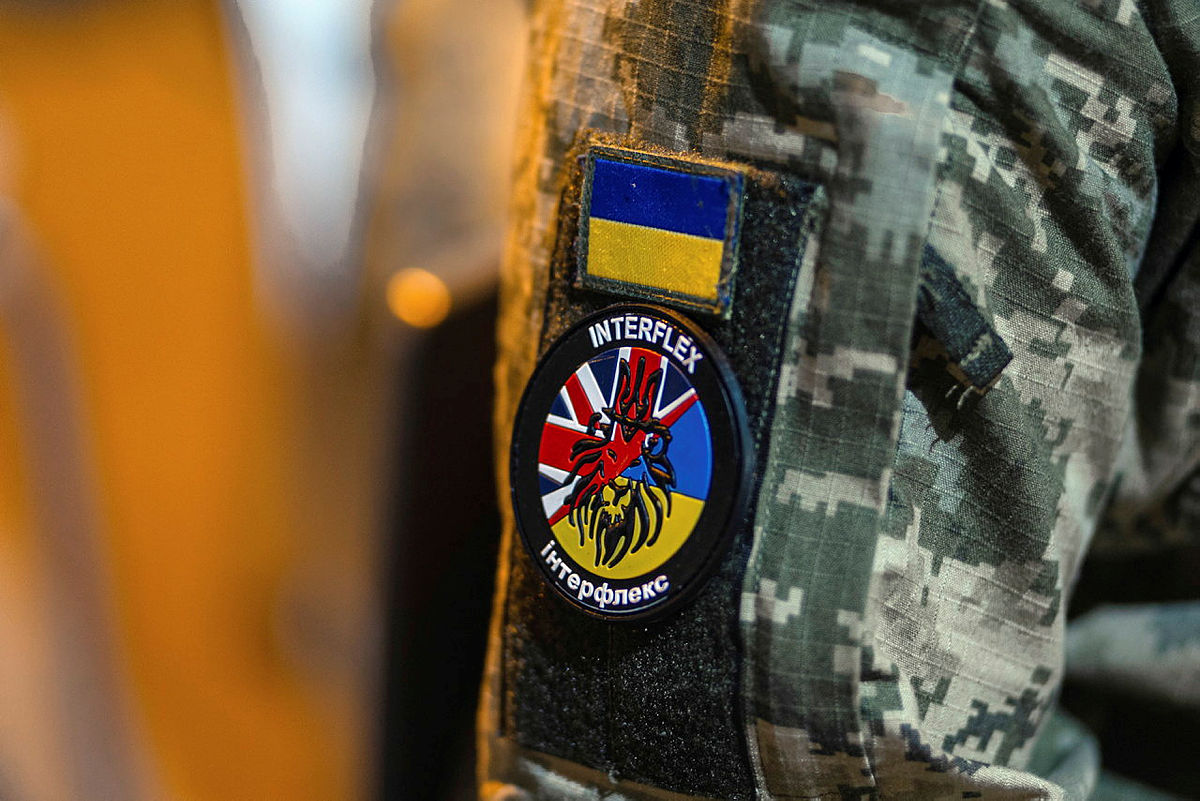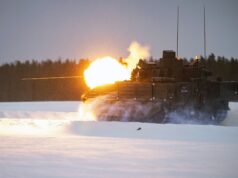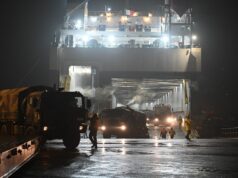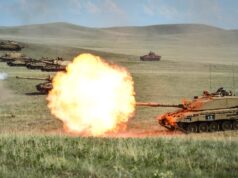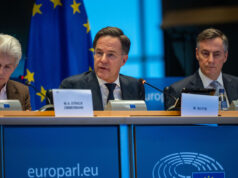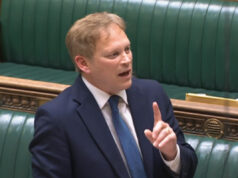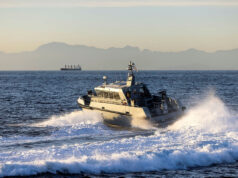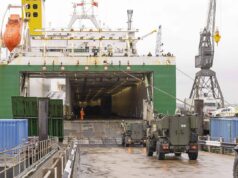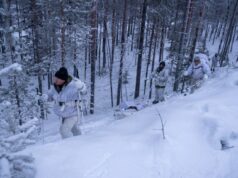The UK government has pledged to intensify economic and military pressure on Russia while sustaining long-term support for Ukraine, following a House of Lords debate in which ministers reaffirmed Britain’s role as one of Kyiv’s closest allies.
Baroness Chapman of Darlington, Minister of State at the Foreign, Commonwealth and Development Office, told peers that Britain would continue to provide Ukraine with the tools and backing it needs “to stay in the fight and protect its cities and infrastructure from Russia’s increasingly brutal attacks.”
She said the UK was “ramping up the pressure on Putin to force him to conclude that his military objectives are unachievable” and to bring him to the negotiating table for a “sovereign, secure and independent Ukraine.”
Baroness Chapman confirmed that Prime Minister Sir Keir Starmer and President Zelensky had co-chaired a virtual meeting of the “coalition of the willing” involving more than 20 leaders. The Prime Minister urged partners “to take Russian oil and gas off the global market, to make progress on using immobilised Russian sovereign assets to unlock billions in funding for Ukraine, and to provide more long-range capabilities to ensure Ukraine can defend itself.”
The minister said the leaders also discussed plans for “a multinational force to help secure Ukraine’s skies and seas and regenerate Ukraine’s armed forces once hostilities have ceased.”
In response to questions from peers, Baroness Chapman outlined the impact of UK sanctions, describing them as “a battle not only on the front line, but also a battle of military-industrial complex.” She added that “sanctions have denied Russia access to at least $450 billion, equivalent to an estimated two years of funding for this horrendous war.”
Baroness Chapman said the government would continue to “ratchet up measures as we pile pressure on the Kremlin to change course.” She noted that the UK has sanctioned over 900 individuals, entities and ships since July 2024, including Russia’s two largest oil producers, Rosneft and Lukoil, and more than 520 vessels involved in the country’s “shadow fleet.”
Turning to the humanitarian toll of the war, Baroness Chapman said Russia’s attacks on civilians and infrastructure were designed “to plunge Ukrainians into cold and darkness.” She condemned Moscow’s “largest-ever attack on Ukraine’s gas infrastructure” earlier this month and announced that the UK had committed £142 million in winter aid, including £42 million for urgent energy repairs and £100 million in humanitarian assistance.
She also thanked peers who raised the issue of deported Ukrainian children, describing Russia’s actions as “a despicable and systematic attempt to erase Ukrainian identity and with it Ukraine’s future.” The UK, she said, “is playing our full part in international efforts to reunite these children with their families, where they belong.”
Baroness Chapman confirmed that Britain remains Ukraine’s leading bilateral donor, committing up to £1.2 billion for humanitarian assistance, recovery, and reconstruction. The UK’s support also includes funding for mental health services, gender-based violence prevention, and combat mental resilience training for Ukrainian troops.
Concluding the debate, Baroness Chapman echoed the Deputy Prime Minister’s recent address to the United Nations General Assembly, saying: “We must all strive for a just and lasting peace in Ukraine, which maintains the integrity of our UN Charter and sees Ukraine emerge from Russia’s brutal war as a sovereign, secure and independent nation.”
She ended with a message of long-term solidarity: “President Putin rains down ever more drones and missiles on the Ukrainian people, yet President Zelensky continues to affirm his commitment to peace at every turn. Our message to our Ukrainian friends is clear: we will stand with you today, tomorrow, and one hundred years from now.”


